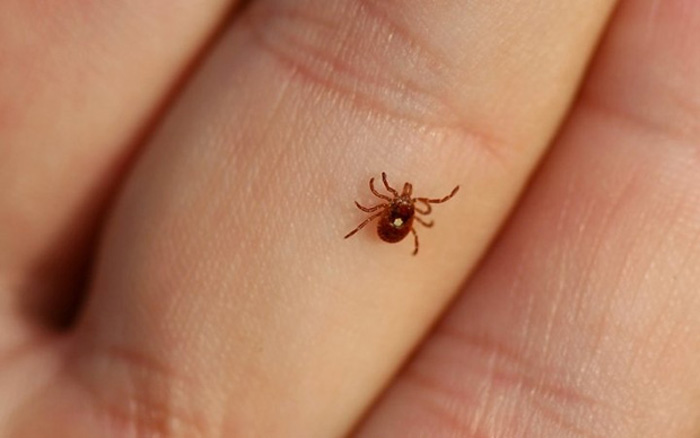The Manitoba government is moving forward with the establishment of a collaborative care service to streamline and improve health services for patients who show symptoms of late Lyme disease and other emerging tick-borne illnesses.
“Symptoms of Lyme disease are often indistinguishable from symptoms of many other chronic diseases which makes it hard to diagnose and difficult to manage,” said Health, Seniors and Active Living Minister Cameron Friesen. “As human cases of Lyme disease increase in Manitoba and across the country, our government is committed to remaining at the forefront of tick-borne disease research, response and advocate engagement.”
The tick-borne collaborative care service will help patients by connecting their primary care provider to appropriate health professionals, including specialists, who will be involved in a collaborative approach to their care. The program, which will receive more than $240,000 in annual funding, is expected to start this fall, the minister noted.
Manitobans are reminded to remain vigilant regarding ticks. Blacklegged ticks, the kind that can carry the agents of tick-borne diseases such as anaplasmosis, babesiosis and Lyme disease, will remain active in the province until the first permanent snowfall.
Preventing exposure to ticks is the best line of defense to avoid tick-borne diseases. Manitobans are encouraged to remain vigilant regarding ticks, to wear an appropriate repellant and to conduct tick checks shortly after coming inside from outdoor activities. Manitobans are also able to assist with tick surveillance by using the province’s online Tick Checker.
To learn more about blacklegged ticks, tick-borne diseases and prevention tips, visit the Government of Manitoba’s website (link 1 | link 2).



